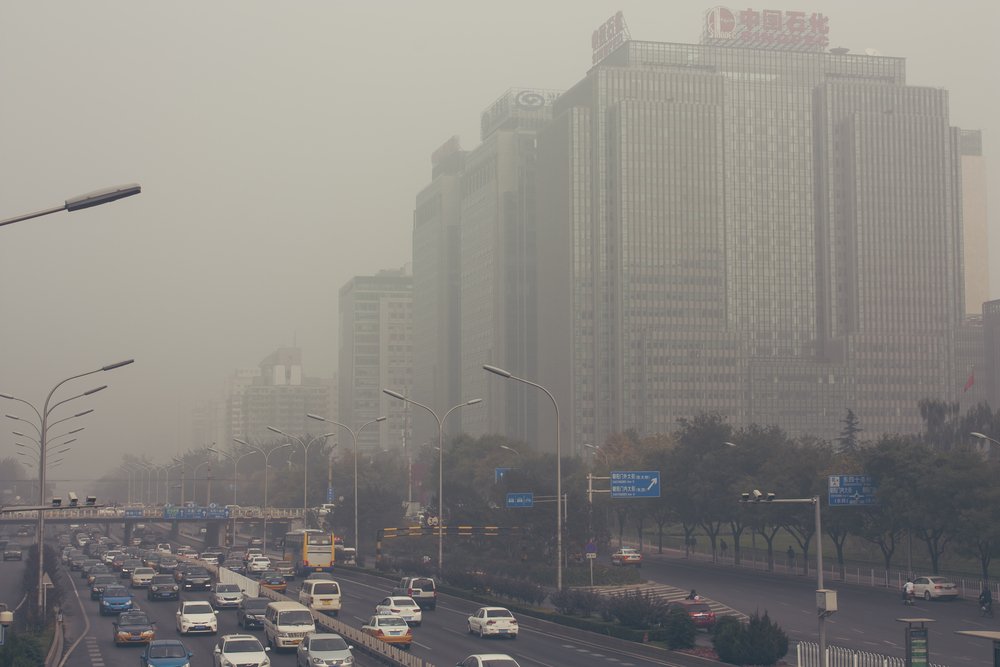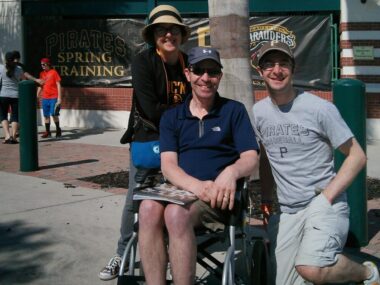Air Pollution May Trigger Relapses in MS Patients, French Study Finds
Written by |

Air pollution, particularly tiny inhalable particles around 10 micrometers in diameter, is a likely trigger for relapses in multiple sclerosis patients, a French study reports.
The study, “Air pollution by particulate matter PM10 may trigger multiple sclerosis relapses,” was published in the journal Environmental Research.
A growing number of epidemiological studies suggest that air population may be potentially involved in neurological diseases, such as Alzheimer’s and Parkinson’s disease.
MS is considered a multifactorial disease, with both genetic and environmental factors contributing to disease onset and development. The underlying causes for disease relapses observed in MS patients are poorly understood. However, “seasonal variation of relapses suggests that season-dependent factors, such as meteorological parameters and air pollution, may play a role in the occurrence of relapses,” the researchers wrote.
Only a few studies have focused on the possible role of air pollutants in the pathogenesis of MS relapses. The researchers tackled this question by looking at particulate matter with an aerodynamic diameter smaller than 10 microns (PM10). PM10 is defined as those particles in the air that have a median size of 10 microns (one hundredth of a millimeter); human hair, in comparison, has a diameter of about 40 to 70 microns.
The study included, in total, 536 relapsing MS patients from Strasbourg, accounting for 2,052 relapses over a nine-year period (2000–09). Researchers determined the subjects’ exposure to PM10 air particles according to their block of residence.
Analysis showed a positive association between exposure to PM10 and the risk of MS relapse, a result in agreement with previous studies. In fact, the strongest association between exposure time and relapse onset was during the three days preceding the relapse.
Since the levels of PM10 change with seasons, researchers divided the analysis into two groups, from October to March (cold season), and from April to September (hot season).
“The association between the concentration of PM10 and occurrence of relapses was significant in the cold season and not far from significance in the hot season. School holidays seemed to have a ‘protective’ effect in cold season,” the researchers said.
Overall, the results suggest that PM10 exposure is a potential trigger for MS relapses. Additional studies are required to confirm this causal relationship, “before advising any preventive behavior for MS patients regarding air pollution exposure,” the team concluded.

